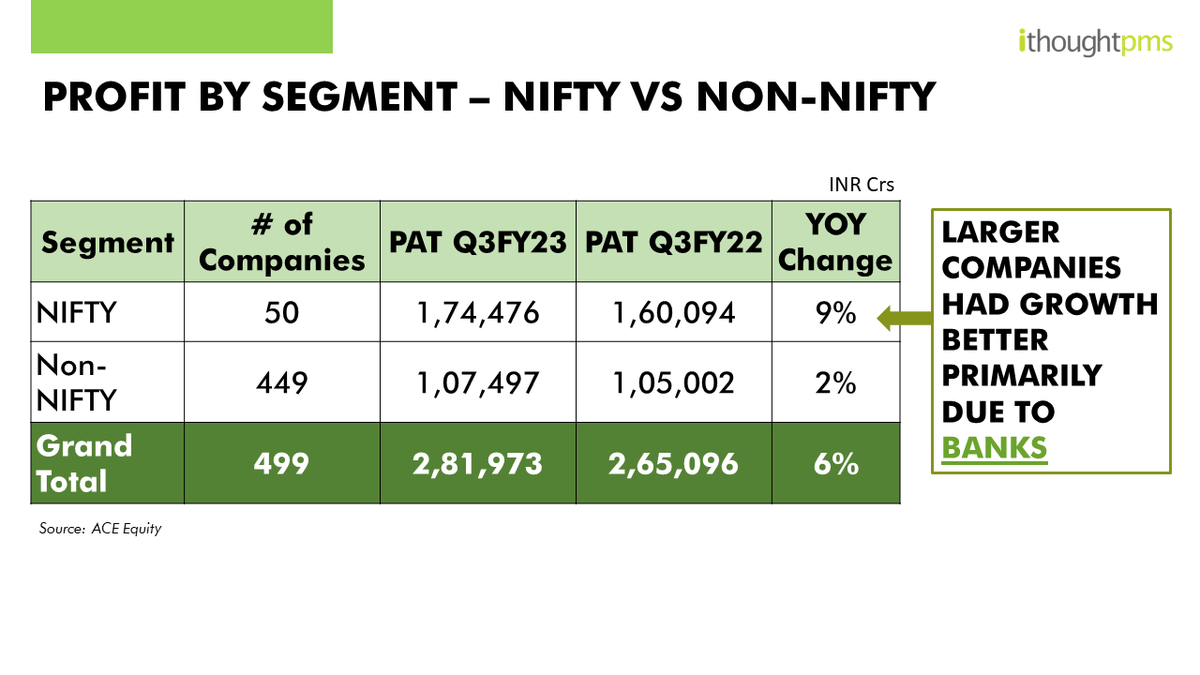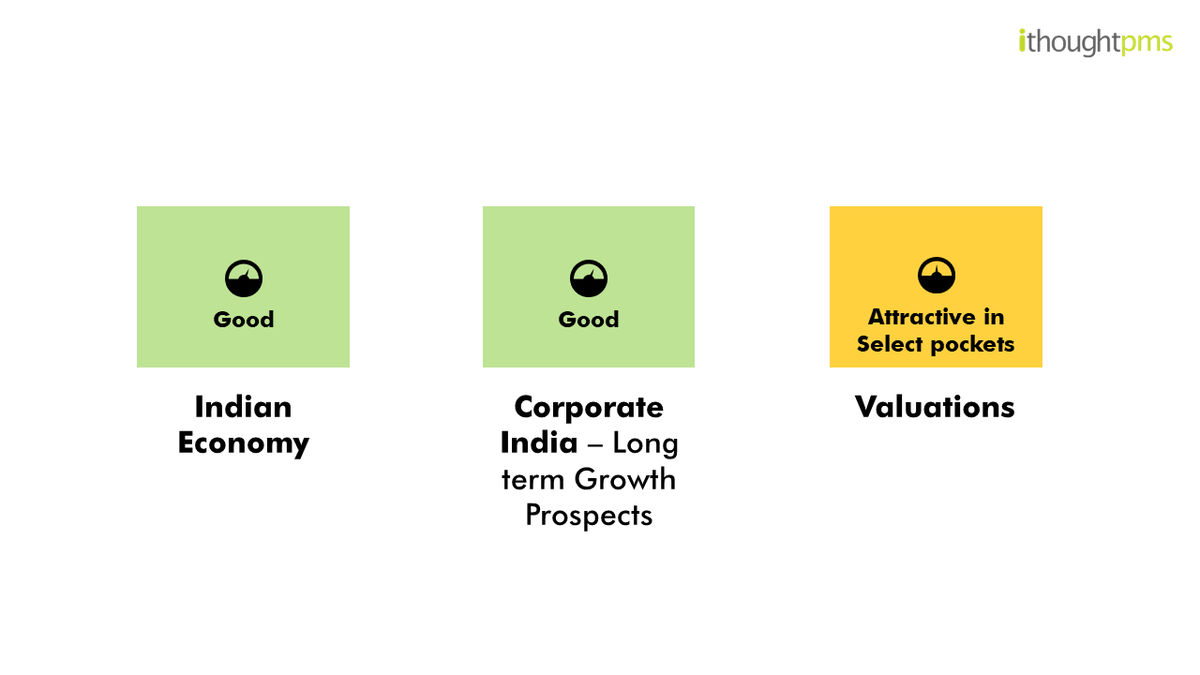Set a reminder for my upcoming Space! twitter.com/i/spaces/1kvJp…
We are going live in 5!
Follow the thread below for slides!
#nifty50 #NiftyBank #corporateindia
We are going live in 5!
Follow the thread below for slides!
#nifty50 #NiftyBank #corporateindia
Top 25 Stocks by Mcap - Historical Profit Trend
#StocksToBuy #longterminvesting #historical #marketcap
#StocksToBuy #longterminvesting #historical #marketcap

Strategic Construct - 5 Blocks of Strategy - An interesting view!
#Bajajfinance #indiagrowthstory #megatrends
#Bajajfinance #indiagrowthstory #megatrends

New Product Development - Interesting Launches - New Category Creation
#newproductdevelopment #corporateindia
#newproductdevelopment #corporateindia

Sector: #IT 

Sector: #FMCG 

• • •
Missing some Tweet in this thread? You can try to
force a refresh















































